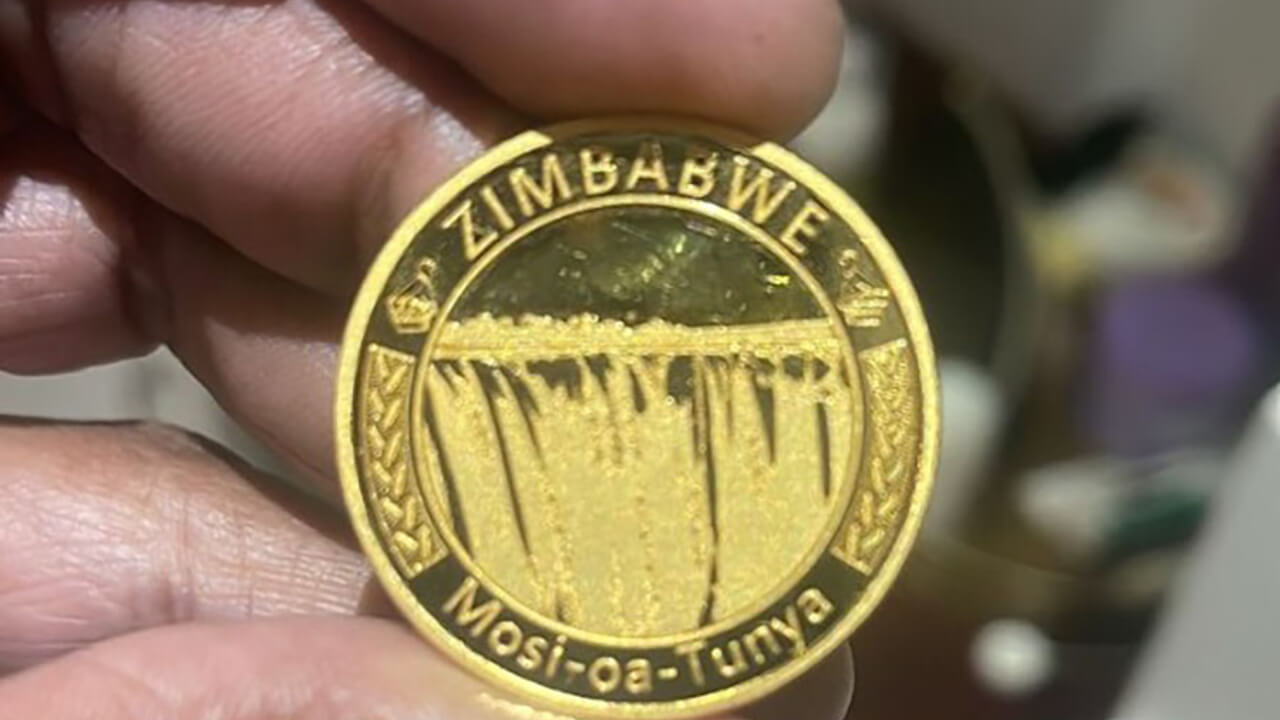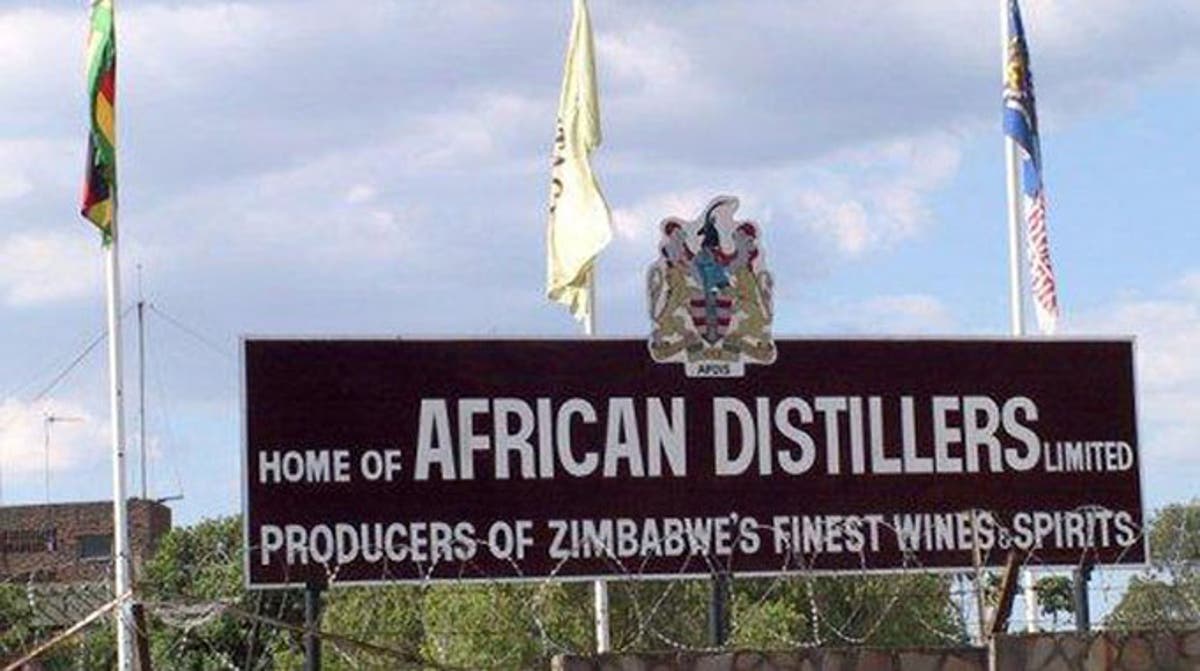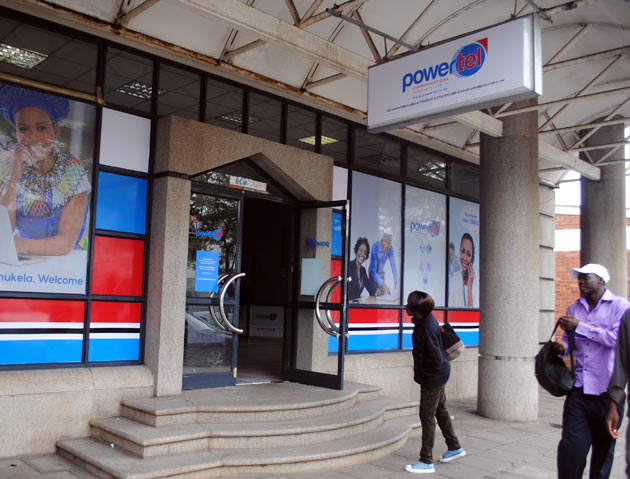Commodities exchange pilot programme in progress
Pilot programme and awareness campaigns for the soon coming commodities exchange are already underway as efforts to intensify its operations by March 2021.
In his 2021 National Budget, Finance and Economic Development Minister Professor Mthuli Ncube indicated the exchange will be launched in March next year, to address agriculture marketing problems, which undermine market access and financial viability of farmers.
The initiative is being spearheaded under Pillar Six of the National Agriculture Policy Financing (NAPF): Agriculture Finance and Credit.
The Pillar Six is a Public Private Partnership (PPP) financing model, which is seen as a conducive financing model for development projects in developing countries. The Pillar Six membership is made up of Ministry of Lands, Agriculture, Water & Rural Resettlement, Ministry of Finance and Economic Development, the Reserve Bank of Zimbabwe; Food and Agricultural Organisation (FAO; the World Bank (WB), Ministry of Women Affairs, Agriculture Marketing Authority (AMA), Universities, Development partners.
NAPF is working with Financial Securities Exchange Limited (FINSEC) who are undertaking the technical implementation work in setting up the Commodities Exchange.
Minister Ncube said a pilot programme has already started and the Government is committed to bring the exchange to life with an allocation of half a million United States Dollars as shareholding capital.
The exchange, to be supported by the Warehousing Receipt System (WRS), in particular offers organised marketing where future delivery contracts for graded commodities such as grains, macadamia nuts, various forms of beans and coffee are bought and sold.
“The project is private sector driven in partnership with the Government. A pilot project is underway and is expected to be officially launched in March 2021. On its part, Government, through the 2021 Budget is allocating the equivalent of US$500 000 as shareholding capital,” he said.
Sources privy to the developments say key stakeholders are already taking awareness campaigns to farmers across the country on the warehouse receipt system which will anchor implementation of the exchange.
A warehouse receipt financing system is a mechanism that allows the use of commodities as collateral to secure loans. In a typical warehouse receipt financing approach, a farmer stores commodities at a certified independent warehouse.
According to the WB, the commodity will be graded and checked for quality and a receipt will be issued by the warehouse operator to the farmer, specifying the quantity and quality of the commodity.
“The farmer can use the receipt as collateral to access loans from financial institutions, while also enjoying the advantage of selling these commodities in the market when prices might be higher.
“For financial institutions, warehouse receipt financing helps reduce credit risk in lending to farmers,” said WB in their study — Warehouse Receipt Financing: The Experience of Access Bank Madagascar.
“Drawing experiences from Madagascar, the WB indicates that in order for a warehouse receipt financing system to work well, there should be availability of warehouses to grade and store commodities, legal framework supporting the use of receipts as collateral, independent and professional warehouse operators, adequate monitoring and supervisory framework ensuring that warehouses operate as provided by the law and transport facilities at affordable costs.
As the economy is growing digital, farmers will be able to sell their produce using mobile phones, bringing convenience and efficiency to the system.
The use of the warehouse receipt system will improve smallholder farmers’ access to finance to boost productivity, enhance transparency and information system and improve farmer livelihoods through transparent price discovery as well as enhanced market access by encouraging competition along the agriculture value chain.
The Commodities exchange is being resuscitated after it was abandoned when the Grain Marketing Board (GMB) assumed monopoly over maize and wheat.-herald.clz.w











